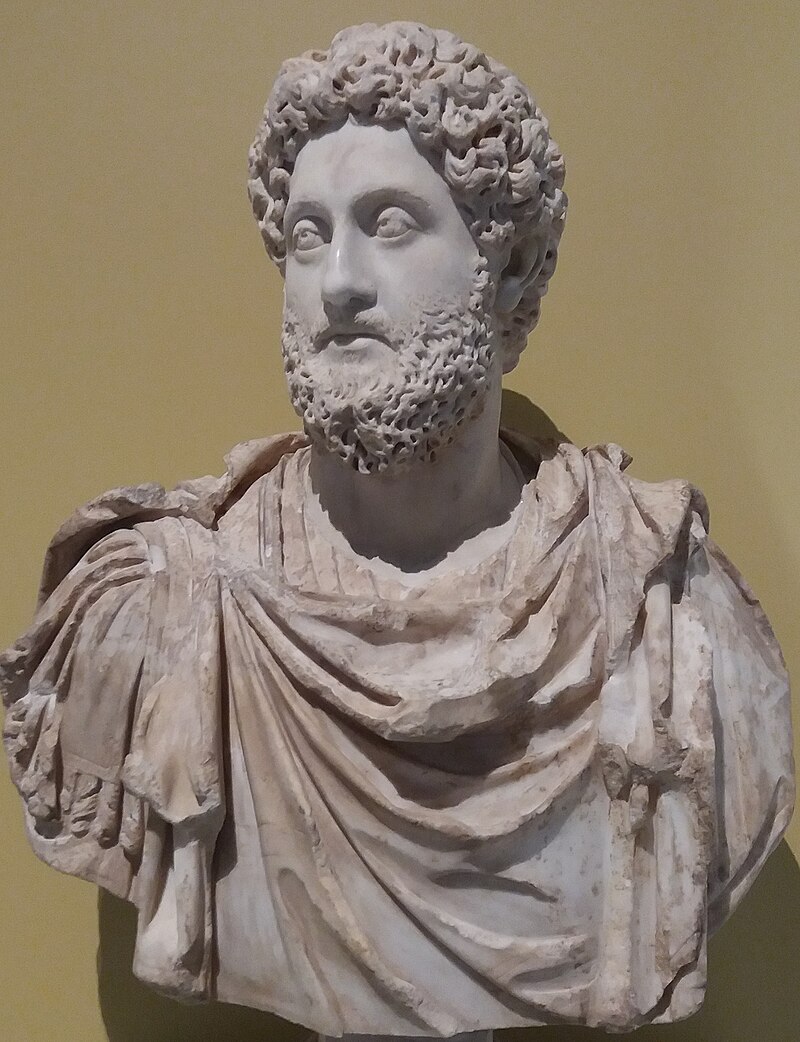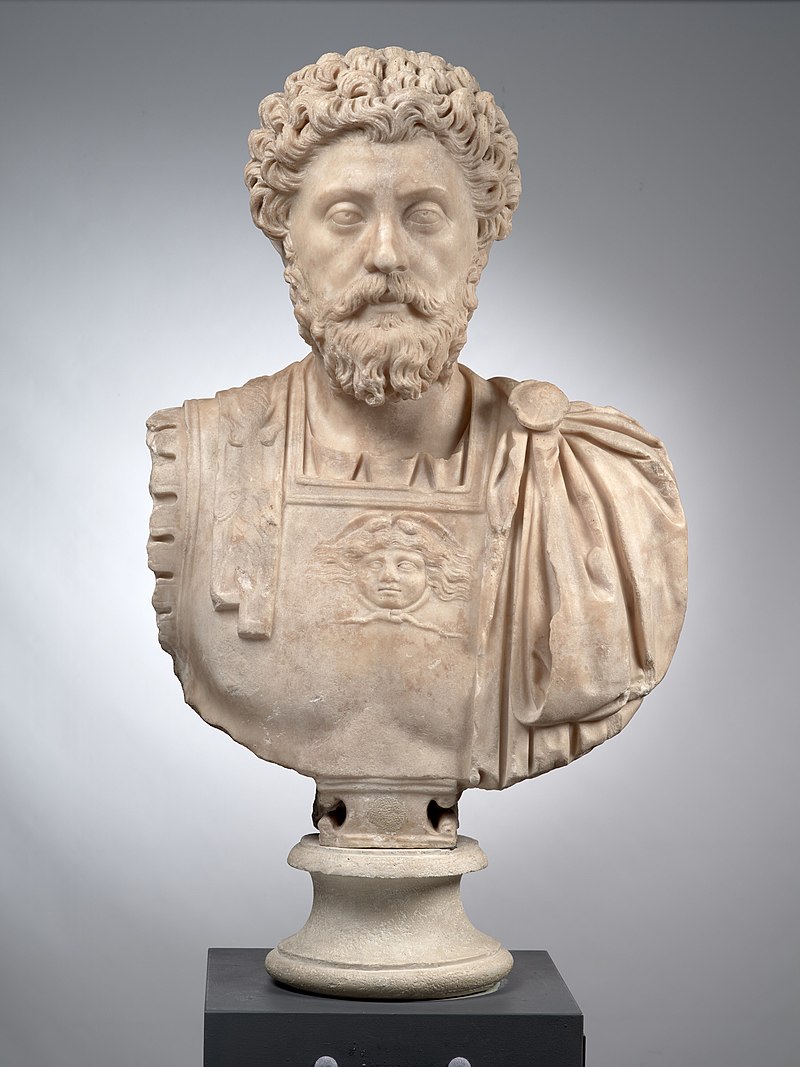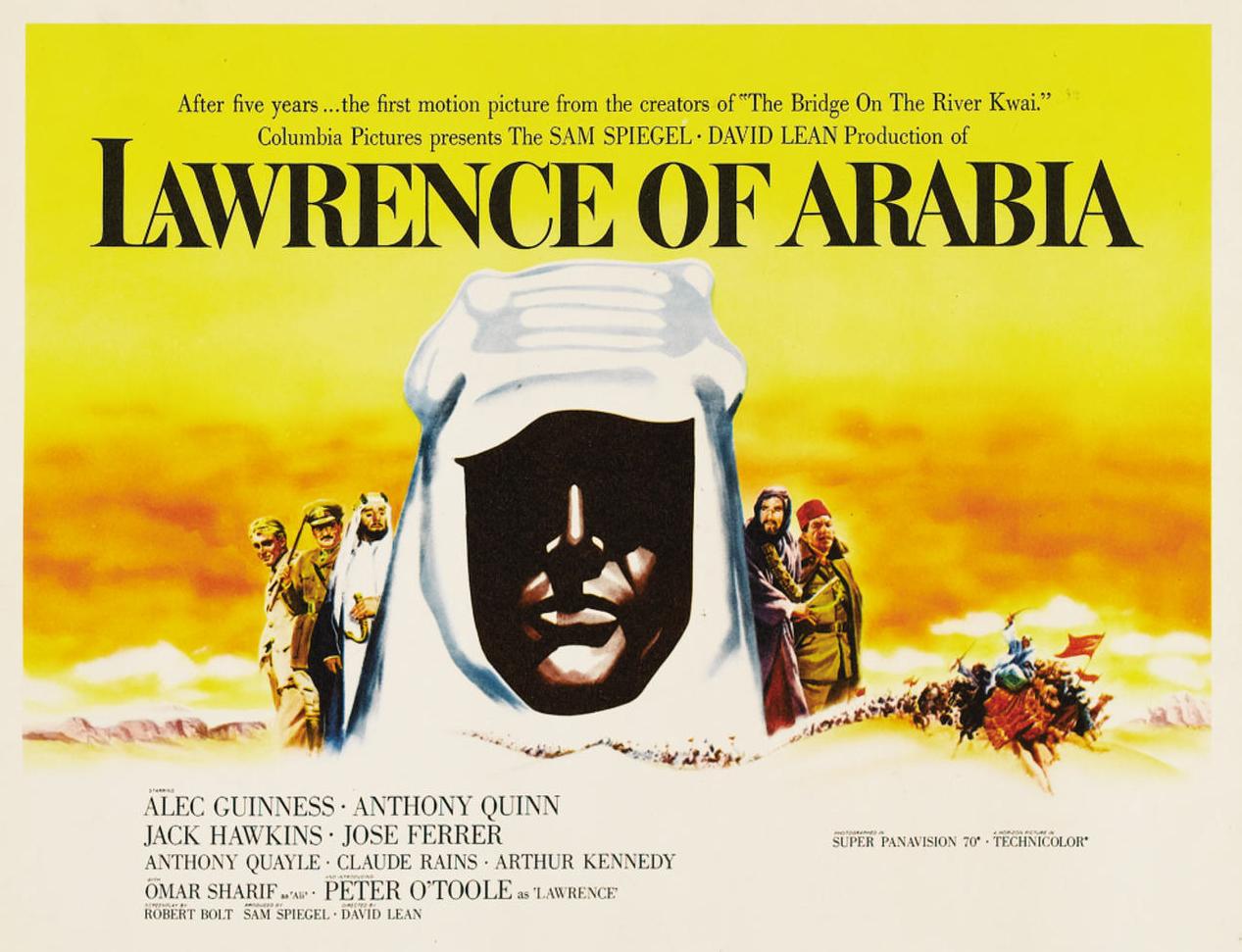Fact: While Russell Crowe Gladiator character is a work of fiction, it drew inspiration from historical events and figures. The character of Maximus is loosely based on Marcus Nonius Macrinus, a trusted general and close friend of Emperor Marcus Aurelius.

Released in 2000, “Gladiator” stands as one of the most iconic and celebrated films of its time. Directed by Ridley Scott and starring Russell Crowe, the movie transports viewers to ancient Rome, immersing them in a world of grandeur, betrayal, and honor. While “Gladiator” is primarily a work of fiction, it draws inspiration from historical events and figures, weaving them into a compelling narrative. This article delves into the historical roots of “Gladiator” and explores how the film blends reality and fiction to captivate audiences worldwide.
At the heart of “Gladiator” is the character of Maximus, portrayed by Russell Crowe. Although real Maximus Gladiator is a fictional character, his role draws inspiration from several historical figures. The film loosely bases Maximus on Marcus Nonius Macrinus, a trusted general and close friend of Emperor Marcus Aurelius. Macrinus’s loyalty and military prowess mirror the qualities of Maximus, establishing him as a heroic and honorable gladiator. Maximus’s journey from respected general to enslaved gladiator reflects the turbulent times of ancient Rome, highlighting themes of vengeance, survival, and the resilience of the human spirit.
Gladiator Commodus: also draws heavily from the historical figure of Commodus, played by Joaquin Phoenix Gladiator. Commodus was the son of Emperor Marcus Aurelius and ruled as Roman Emperor from 180 to 192 AD. While Commodus’s portrayal in the film takes some dramatic liberties, it reflects certain aspects of his troubled reign. In history, Commodus was known for his excesses, cruelty, and obsession with gladiatorial combat. The film amplifies these traits, presenting him as a power-hungry and psychopathic ruler.

Commodus Bust
To fully appreciate the historical inspiration behind “Gladiator,” it is essential to understand the context of ancient Rome’s Golden Age. The film is set during the late 2nd century AD, a period marked by Rome’s military might and territorial expansion. The Roman Empire was at its peak, with Emperor Marcus Aurelius leading successful campaigns and establishing stability across vast regions. However, his vision for a restored Roman Republic clashed with the ambitions of his son, Commodus, leading to a power struggle and ultimately shaping the events of the film.

Ra 61 b, Musée Saint-Raymond Toulouse – Marcus Aurelius Bust
One of the most iconic settings in “Gladiator” is the Colosseum, a symbol of Roman grandeur and decadence. While the film’s portrayal of the Colosseum is visually stunning, it takes some artistic liberties. The Colosseum was actually completed in 80 AD, nearly a century before the film’s timeline. Nonetheless, the inclusion of the Colosseum adds a captivating backdrop to the gladiatorial battles and showcases the brutality and spectacle of Roman entertainment.
“Gladiator” masterfully combines history and fiction, creating a cinematic experience that transports audiences to ancient Rome. While the film takes liberties with certain historical details, it successfully captures the essence of the era, exploring themes of honor, betrayal, and the indomitable spirit of a gladiatorial hero. By drawing inspiration from historical figures such as Marcus Nonius Macrinus and Commodus, “Gladiator” intertwines reality and fantasy, resonating with viewers and solidifying its place as a timeless epic that continues to captivate audiences worldwide. Not so soon thereafter, a role opened up for Russell Crowe A Beautiful Mind, which would go on to be another blockbuster film in 2001.
References:
Wikipedia Contributors. (2019, December 7). Gladiator (2000 film). Wikipedia; Wikimedia Foundation. https://en.wikipedia.org/wiki/Gladiator_(2000_film)
Is Gladiator Based On A True Story? (2021, January 19). Looper. https://www.looper.com/315516/is-gladiator-based-on-a-true-story/#:~:text=But%20the%20movie%20did%20include%20historical%20elements%3A%20the
Kumar, K. (2021, September 28). Is Gladiator Based on a True Story? The Cinemaholic. https://thecinemaholic.com/is-gladiator-based-on-a-true-story-2/
Desiatov, S. (2022, March 26). Was Gladiator’s Maximus A Real Person? Historical Influences Explained. ScreenRant. https://screenrant.com/gladiator-true-story-maximus-decimus-meridius-real-person/
Land, G. (2022, June 13). 8 Historical Inaccuracies From the Film Gladiator. History Hit. https://www.historyhit.com/culture/historical-inaccuracies-from-the-film-gladiator/ Gladiator Marcus Aurelius




